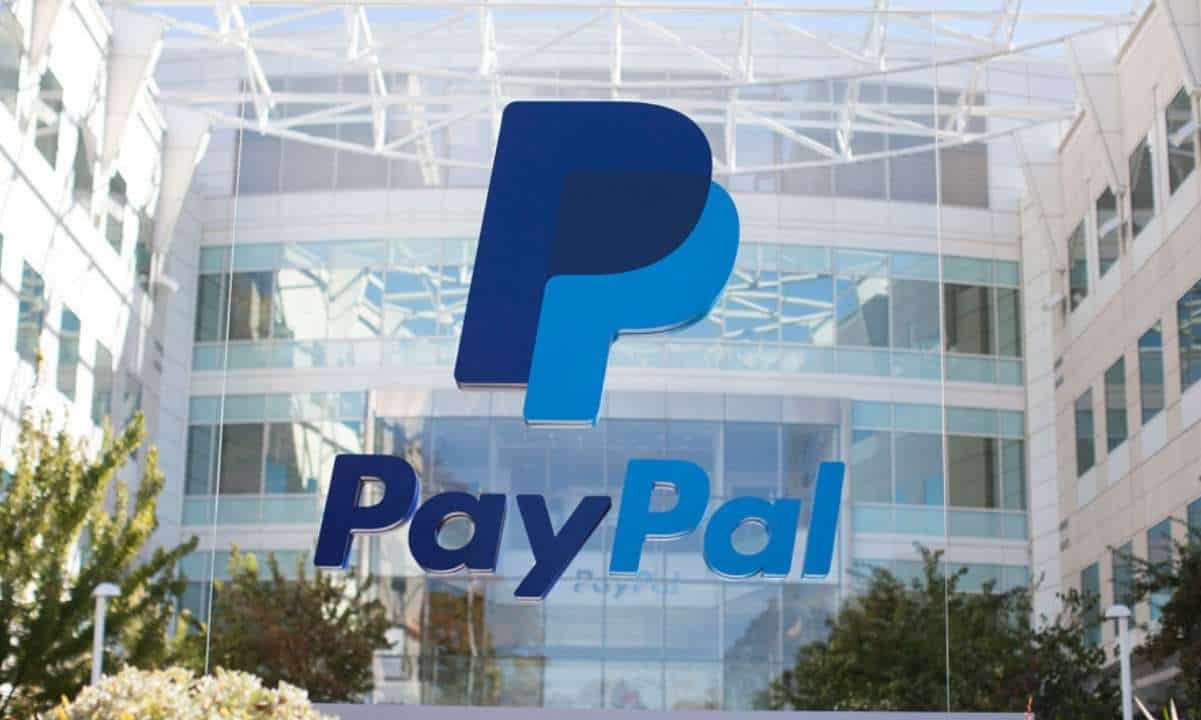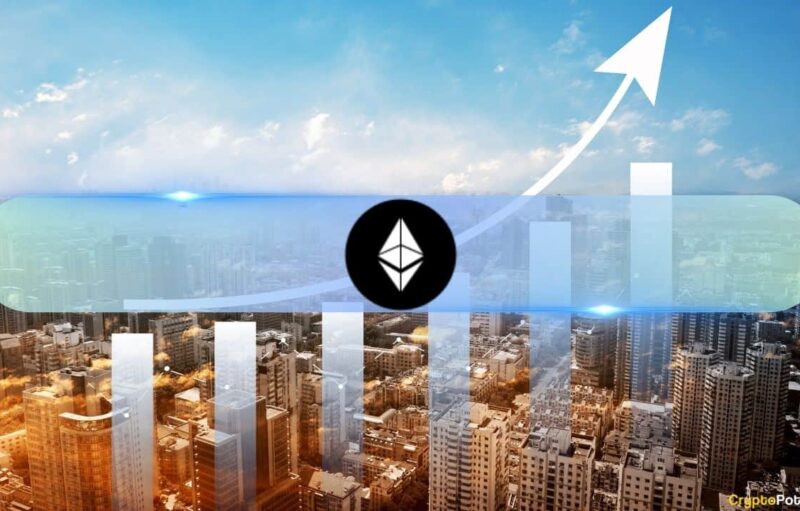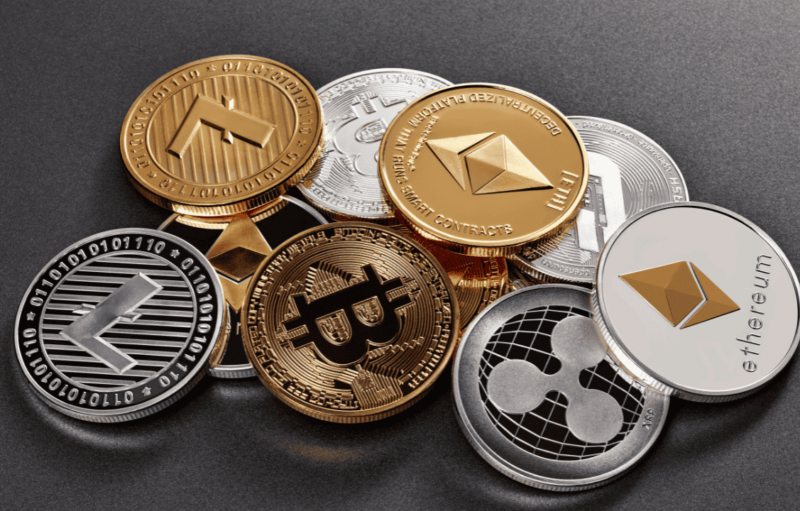

PayPal users with Bitcoin and Ethereum held on the platform can now withdraw their holdings to external wallets. This means that PayPal buyers can finally self-custody their coins – a paramount feature for cryptocurrencies.
- “Starting today, PayPal supports the native transfer of cryptocurrencies between PayPal and other wallets and exchanges,” said the online payment provider in a statement.
- The external transfers feature is being rolled out to new users today and will be available across the U.S. within two weeks.
- PayPal began allowing users to buy, sell, and hold cryptocurrencies within the platform starting in 2020. These include Bitcoin, Ethereum, Bitcoin Cash, and Litecoin – all top names at the time. Similar services were made available to the UK in September.
- According to PayPal’s Terms and Conditions (updated today), external transfers only require the external wallet’s public address. Identifying information – like that required in Europe when withdrawing to self-custodial wallets – will not be requested.
- Notably, Paypal does not charge its customers for crypto transactions, distinguishing it from the business model of most exchanges.
- PayPal’s upper management has been bullish on crypto-assets for some time. Co-founder Peter Thiel has a particular fondness for Bitcoin, believing himself to have underinvested back in October.
-
“The intersection between CBDC, stable coins, digital wallets, and enhanced utility of payments through cryptocurrencies is not just fascinating, but I think will redefine a lot of the financial world going forward,” said CEO Dan Schulman in a speech at Axis Tel Aviv in March.
SPECIAL OFFER (Sponsored)
Binance Free $100 (Exclusive): Use this link to register and receive $100 free and 10% off fees on Binance Futures first month (terms).
Binance Free $100 (Exclusive): Use this link to register and receive $100 free and 10% off fees on Binance Futures first month (terms).
PrimeXBT Special Offer: Use this link to register & enter POTATO50 code to receive up to $7,000 on your deposits.
The post appeared first on CryptoPotato






